Overview of the Project
Worldison Pest Control Company recently completed a comprehensive fumigation and pest-eradication project at Okomu, targeting destructive borers, palm weevils, storage pests, and other insect species known for damaging agricultural produce, wood structures, and processing environments. The project demanded a dual-technology approach combining thermal fogging, cold ULV fumigation, residual surface treatment, and environmental monitoring to ensure 100% pest knockdown and long-term protection.
The Okomu environment—rich in palm plantations, processing units, wood facilities, and farm infrastructure—faces constant pressure from insects that thrive in humid, warm climates. Because of this, Worldison deployed a structured and scientifically backed fumigation process involving multiple stages: survey, pest identification, treatment design, chemical selection, application, and post-operation evaluation.
1. Background:
Why the Okomu Fumigation Was Critical
Okomu is a high-output agricultural zone, especially known for palm products, timber, and food processing activities. These operations often attract pests such as:
Palm weevils
Borers
Wood-eating larvae
Flying insects
Stored product pests
Crawling insects inside warehouses and processing areas
Uncontrolled pest outbreaks in such locations can lead to:
Major crop losses
Contamination of food and storage items
Structural damage to wooden frames and processing equipment
Reduced production efficiency
High financial consequences for farm operators
Worldison’s objective was to conduct a full-scale fumigation capable of eliminating both active and hidden pests, including larvae embedded deep inside wood and soil.
2. Pre-Fumigation Assessment
Before the main operation, the Worldison Safety & Fumigation Team carried out:
a. Environmental Inspection
Mapped the affected areas
Identified pest hotspots such as wood piles, silos, processing rooms, and storage facilities
Checked moisture, temperature, and airflow conditions
b. Pest Identification & Classification
Using visual inspections and traps, the team confirmed the presence of:
Palm weevils
Wood borers
Grain beetles
Larval clusters under wooden decks
Flying insect populations around processing sheds
c. Risk & Safety Assessment
To protect staff, nature, and facility workers:
Safety perimeters were established
PPE requirements defined
Chemical hazards evaluated
Evacuation and re-entry time calculated
This assessment guided the technical design of the fumigation.
3. Technologies Used by Worldison Pest Control Company
To achieve maximum pest elimination, the following world-class methods were deployed:
A. Thermal Fogging (High Penetration Method)
Worldison used advanced thermal fogging machines capable of producing ultra-fine, heated droplets that travel deep into:
Wooden structures
Cracks and crevices
High ceilings
Soil layers
Difficult-to-reach compartments
Advantages in Okomu Project
Heat-assisted vapors penetrate deeply
Extremely effective for borers and weevils hiding inside wood
Ideal for large outdoor and semi-outdoor environments
Rapid dispersion over broad areas
B. Cold ULV Fumigation (Ultra-Low Volume Cold Mist)
Cold ULV was used inside processing rooms, storage units, offices, and indoor structures.
Advantages
Produces fine cold mist droplets
Excellent for indoor, enclosed spaces
Fast knockdown of flying and crawling insects
Leaves minimal residue
Safe for sensitive equipment and agro-processing machines
C. Residual Surface Treatment
After fogging, all critical surfaces were treated with WHO-certified residual insecticides to ensure long-term protection.
This step prevents:
Re-entry of pests
Fresh infestation from nearby plantations
Larval re-emergence
D. Environmental Monitoring & Verification
Worldison concluded the operation with:
Air quality testing
Insect trap re-evaluation
Chemical breakdown verification
Safety clearance certification
4. Chemicals & Agents Applied
Worldison selected environmentally responsible and internationally approved pest control agents including:
Synthetic pyrethroids
Organophosphate-based fogging concentrates
Growth regulators (IGRs)
Multi-action borer and weevil eliminators
All chemicals comply with:
WHO standards
NESREA guidelines
NAFDAC regulations
International pest management protocols
5. Step-by-Step Breakdown of the Fumigation Process
Step 1: Area Preparation
Clearing the treatment zone
Isolating sensitive equipment
Covering exposed consumables
Ensuring people and livestock evacuation
Step 2: Thermal Fogging Operation
Machines pre-heated
Fogging chemical introduced
Dense fog deployed across outdoor zones and wooden structures
Monitoring airflow for optimal penetration
Step 3: Cold ULV Fumigation
Indoor rooms sealed
ULV machines set to required microns
Even distribution of mist across surfaces
Focus on ceilings, equipment stands, and dark corners
Step 4: Residual Spraying
Targeted spraying of walls, joints, baseboards, and operational spaces
Long-lasting formula applied
Step 5: Safety Ventilation
All fog allowed to settle
Controlled ventilation started
Indoor air quality examined
Step 6: Final Inspection
No pest movement observed
Wood structures declared safe from active borers
Facility cleared for re-entry
Certificate of fumigation issued
6. Results of the Fumigation Project
The Okomu fumigation achieved:
✔ 100% knockdown of active borers and weevils
Thermal fogging proved extremely effective in reaching wood-inhabiting insects.
✔ A sanitized, pest-free processing and packaging zone
Cold ULV eliminated flying insects and crawling pests within closed environments.
✔ Long-term protection with residual barriers
This reduces future infestation risks.
✔ Safer working conditions for staff and improved product quality
Pest-free operations improve productivity and hygiene.
✔ Compliance with agro-industry safety standards
The facility meets inspection expectations for quality and environmental safety.
7. Why Worldison Remains a Leading Fumigation Company in Nigeria
A. Expertise in industrial & agricultural fumigation
From plantations to factories, Worldison handles complex pest environments.
B. Advanced machines (Thermal & ULV)
High-performance equipment ensures deeper penetration and rapid action.
C. Certified chemicals & trained technicians
All fumigators follow international safety protocols.
D. Compliance with Nigerian and global safety regulations
Worldison maintains full alignment with environmental, occupational, and public health standards.
E. Results-driven approach
Every operation ends with inspection, testing, and certification.
8. Conclusion
The just-concluded fumigation project in Okomu stands as another successful milestone for Worldison Pest Control Company. Through advanced thermal fogging, cold ULV misting, and residual treatment techniques, the team delivered a highly effective, safe, and long-lasting pest eradication result.
This operation reinforces Worldison’s reputation as one of Nigeria’s best fumigation and environmental management companies—trusted by agricultural estates, industrial facilities, government institutions, and private organizations.
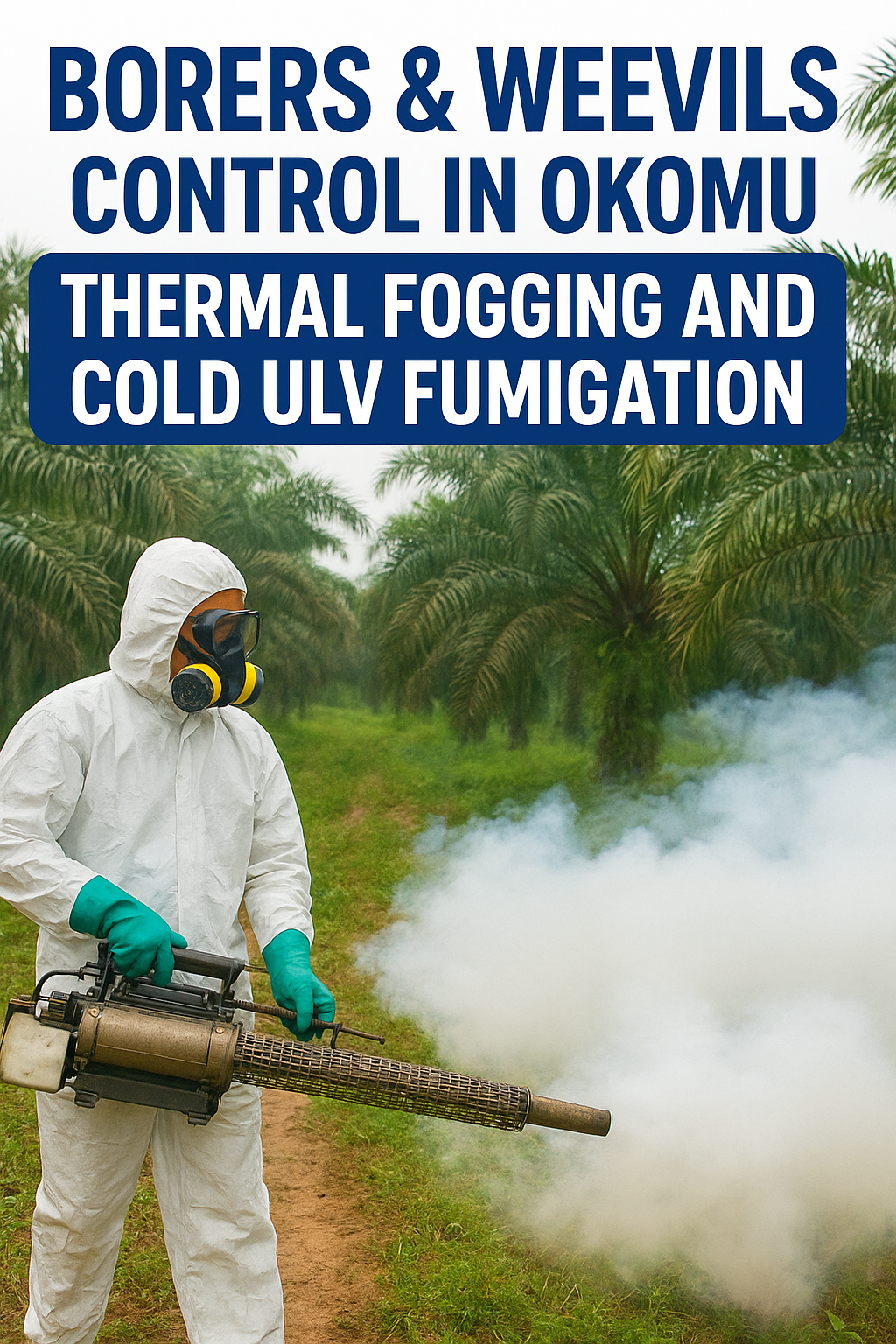
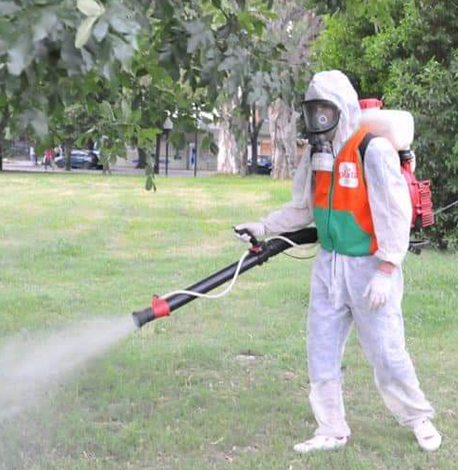
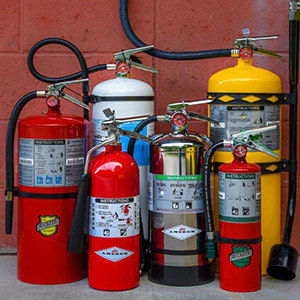

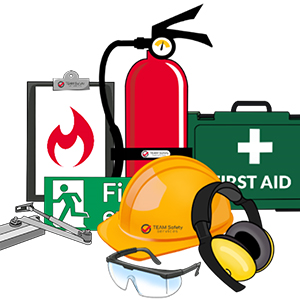
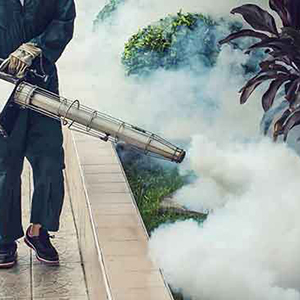
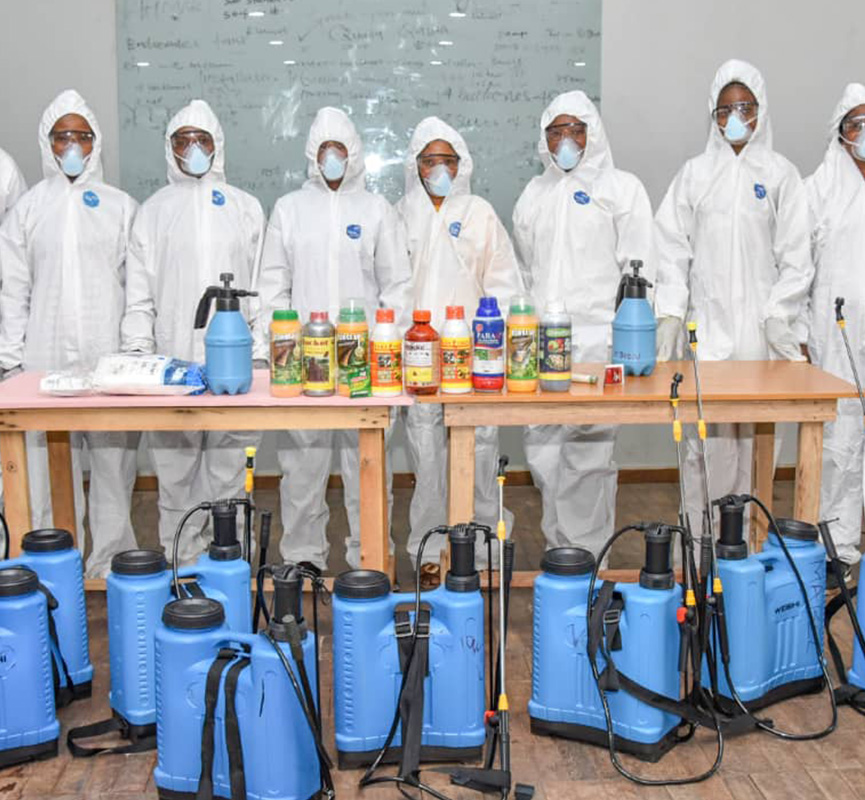

No comments yet. Be the first!